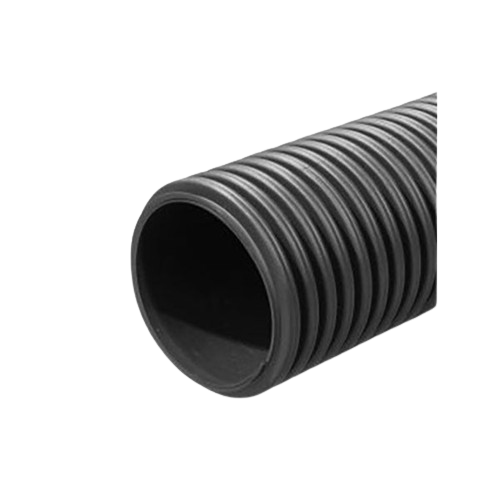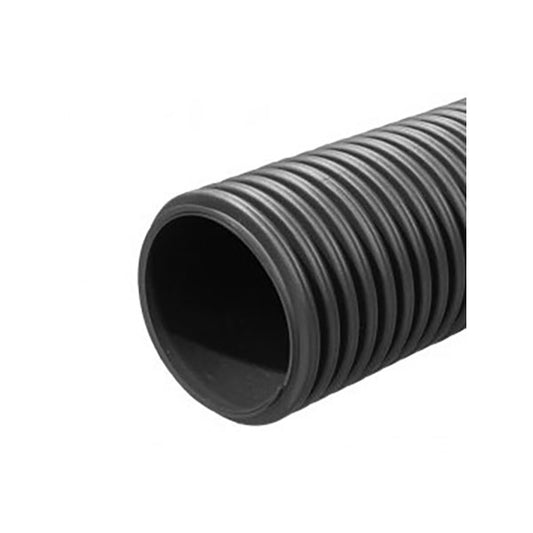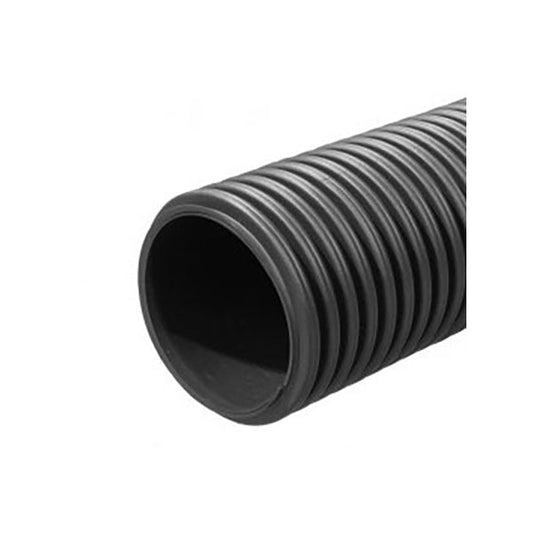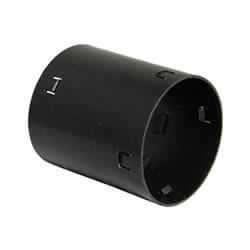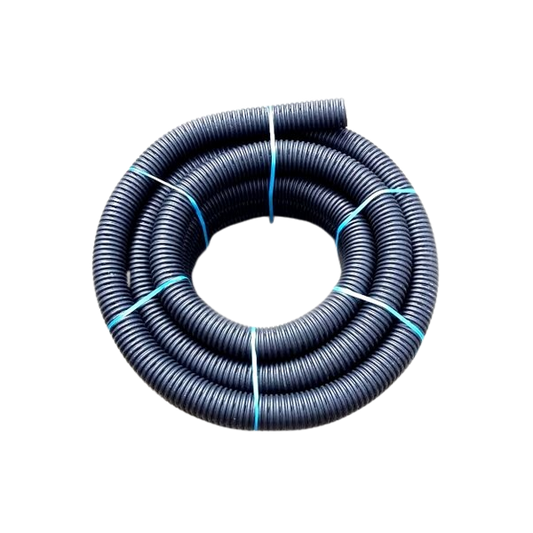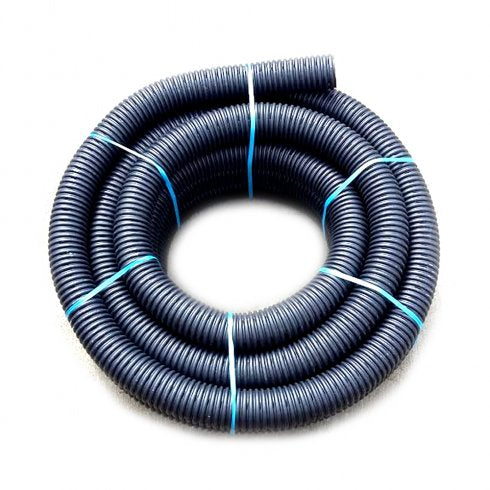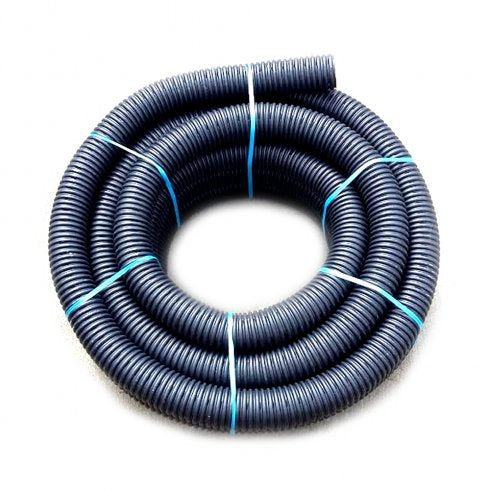The importance of soil health in farming has long been recognised, and the UK’s Agriculture Bill has reinforced just how critical it is. But what can you do to improve your soil and future-proof your farm?
What is the Agriculture Bill?
The UK’s new Agriculture Bill has been described as one of the most significant pieces of legislation for English farmers in over 70 years. Leaving the EU also meant leaving the Common Agricultural Policy (CAP), which had been in place since 1973 — the Agriculture Bill now replaces it.
Unlike CAP, which rewarded farmers based on the amount of land they managed, the Agriculture Bill focuses on “public goods” — benefits that support everyone, such as clean air, clean and plentiful water, flood protection, and thriving wildlife. It rewards farmers for sustainable land management that delivers environmental benefits rather than for acreage alone.
How will the bill impact soil quality?
Soil protection is at the heart of the new bill. Erosion rates from ploughed fields are 10–100 times higher than soil formation rates, and around 3 million tonnes of topsoil are lost every year in the UK. Restoring that soil can take centuries.
According to Duncan Cameron, Professor of Plant and Soil Biology at the University of Sheffield: “Soil is lost rapidly but replaced over millennia — it takes around 500 years to form just 2.5 cm of topsoil under normal agricultural conditions.”
Globally, 30% of the world’s croplands have become unproductive. In the last 40 years, soil degradation has affected an area larger than the United States and Mexico combined.
Soils are at risk from erosion caused by wind and water, worsened by the loss of hedgerows and trees, heavy machinery, overgrazing, climate change, and intensive farming. Intensive agriculture is no longer sustainable — maintaining high yields now relies heavily on synthetic fertilisers that damage the environment.
Sustainable farming, according to Professor Cameron, should “combine the lessons of history with the benefits of modern biotechnology.” The Agriculture Bill reflects this by rewarding farmers who protect and enhance soil quality, and giving ministers new powers to regulate fertiliser use and promote organic farming.
How can you protect your soil?
There are several proven methods to improve soil quality and resilience:
- Crop rotation – Widen crop rotations and include crops that contribute to soil biomass.
- Cover cropping – Plant temporary crops to preserve nutrients and protect soil between harvests.
- Land drainage – Install land drainage systems to reduce nutrient runoff and increase field usability.
- Rotational sub-soiling – Break up compacted soil layers to improve aeration and water infiltration.
- Organic fertilisation – Transition away from chemical pesticides and fertilisers; use organic matter such as green manure and compost.
- Minimum tillage or direct drilling – Leave crop residues on the soil surface to maintain structure and reduce erosion.
- Soil compaction reduction – Use GPS-guided equipment to minimise machinery passes; studies show targeted routes can reduce soil compaction from 85% to 5% annually (source).
- Flood management – Implement natural flood management measures to slow water flow and reduce erosion.
How can Cotterills help?
Cotterills’ background is rooted in farming — our MD’s family has farmed for generations. We specialise in land drainage and supply a wide range of competitively priced products, including land drainage coil, twinwall pipe, and large-diameter structured pipe.
Our team of specialists can provide expert advice on the best solution for your soil and drainage needs. Call us today on 0121 351 3230.
Alternatively, fill out our enquiry form:






